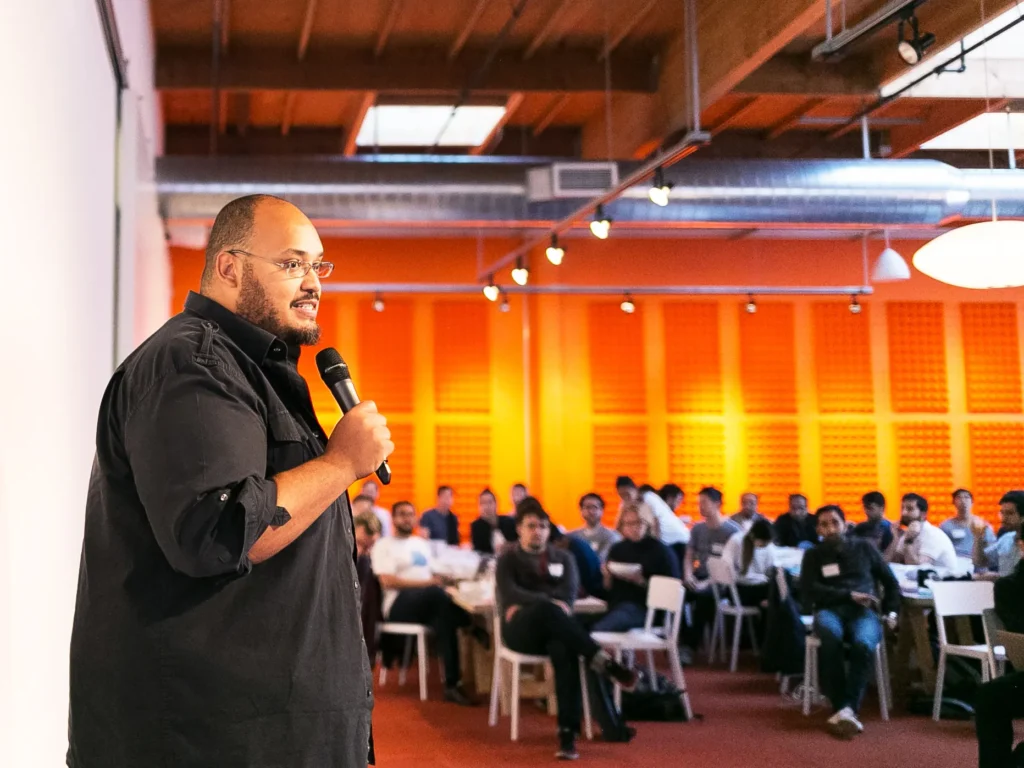In 2020, Y Combinator (YC), one of the world’s most influential startup accelerators, turned its attention to Africa, sparking excitement across the continent’s nascent tech ecosystem. For startups in the region, programs like YC serve as critical springboards, connecting them with global investors and mentorship at a stage when resources are scarce. With YC often considered the gold standard, its focus on African startups symbolized a moment of validation for the region.
A Shifting Focus at YC
Fast forward to the present, YC’s attention to Africa appears to have waned. The accelerator has pivoted toward addressing global challenges in sectors such as manufacturing, defense, and climate, while quietly reducing its emphasis on emerging markets. African representation in recent YC cohorts has dwindled; none of the startups in the most recent batch hailed from Africa, and only three were included in each of the three prior batches. By contrast, the Summer 2021 batch featured 10 African startups, and Winter 2022 had 23.
The shift reflects broader changes within YC itself. Since 2022, YC has reduced cohort sizes from their pandemic-era peak of 400 startups per batch and reinstated in-person participation. This has introduced barriers for international founders, particularly those navigating restrictive U.S. visa policies. Similar declines in representation have been noted in regions like Latin America and India.
Despite this, YC insists it remains committed to global entrepreneurship. A spokesperson noted, “YC has and will continue to fund startups and founders from around the world, including Africa.” However, the logistical and strategic shifts suggest that Africa’s reliance on YC as a developmental engine may no longer be as feasible as it once was.
Filling the Gap: Local Accelerators Step Up
The reduction of YC’s presence in Africa has created opportunities for local players to step in. A new wave of accelerators—often spearheaded by African alumni of YC—has emerged, aiming to fill the void and redefine the startup ecosystem.
One such effort is Accelerate Africa, launched by Iyinoluwa Aboyeji, co-founder of Flutterwave and Andela. Born out of Future Africa, Aboyeji’s venture capital firm, Accelerate Africa has already supported 20 startups. With an ambitious goal of becoming “The YC of Africa,” the program is positioning itself as a key player in developing the continent’s early-stage pipeline. Unlike YC, Accelerate Africa doesn’t provide initial funding or take equity upon admission. Instead, it focuses on mentorship, partnerships, and post-program investments through its sister fund, Future Africa.
“Instead of shadowboxing U.S. firms who were merely opportunistic, the community must come together to fund startups under $1 million in a structured way, just like Techstars, YC, and 500 Startups did in their early days,” Aboyeji wrote on LinkedIn. Accelerate Africa is working to forge connections between its startups and local corporations, aiming to help companies achieve $1 million in revenue through resources, mentorship, and market-specific problem-solving.
Evolving Accelerator Models
Established accelerators like Co-creation Hub (CcHub), Flat6Labs, Baobab Network, and MEST Africa have historically operated alongside global players, supporting startups during the venture capital boom. But with foreign investors pulling back and overall funding for African startups dropping 65% in the first half of 2024 compared to the previous year, these local programs have been forced to rethink their strategies.
One key shift involves moving away from Silicon Valley’s traditional equity-based funding model to focus on long-term partnerships with local banks, telcos, and corporations. The goal is to create pathways for growth and exit strategies tailored to Africa’s unique business landscape, rather than mirroring Silicon Valley’s approach.
The Rise of AI Accelerators in Africa
Another emerging trend is the focus on artificial intelligence (AI). While fintech has dominated Africa’s tech scene—over half of the 92 African startups admitted to YC were in fintech—the global AI boom has inspired a new crop of startups to enter the field.
GoTime AI, based in Lagos, is one such accelerator targeting AI-focused founders. Founded by Olugbenga Agboola, co-founder and CEO of Flutterwave, through his early-stage VC firm Resilience17, GoTime AI has five startups in its inaugural cohort. The accelerator aims to position Africa as a competitive player in AI, offering startups mentorship, workspaces, and access to cloud computing credits.
“AI is the most impactful global trend since mobile, and it’s still early,” said Hasan Luongo, general partner at Resilience17. “Africa has an opportunity to build AI products at lower costs, making startups here more attractive to acquirers.”
Challenges and Opportunities
Despite the enthusiasm, challenges remain. Africa’s startups have historically relied on foreign funding, which has accounted for 77% of venture capital on the continent over the last decade. As international interest declines, there is a pressing need to build a local capital base. Aboyeji sees this as an opportunity for Africa to take control of its own narrative.
“It starts with a pipeline of exceptional early-stage startups and grows from there,” Aboyeji said. “I watched YC build from scratch, and I believe we can do the same here.”
While efforts like Accelerate Africa and GoTime AI are promising, questions about exits and scaling remain. Tech IPOs are rare in African markets, with only Flutterwave and Interswitch seriously considering public offerings. However, by fostering a robust ecosystem of early-stage startups and aligning with local corporate interests, these accelerators are laying the groundwork for a more sustainable and independent African tech sector.
A Future Beyond YC
The departure of global accelerators like YC from Africa underscores the need for homegrown solutions. While YC alumni like Aboyeji continue to emphasize the value of international programs, they are also building institutions that prioritize Africa’s unique needs. Whether through fostering AI innovation or rethinking funding models, the next chapter for African startups may not depend on Silicon Valley but on the ingenuity and resilience of the continent itself.
